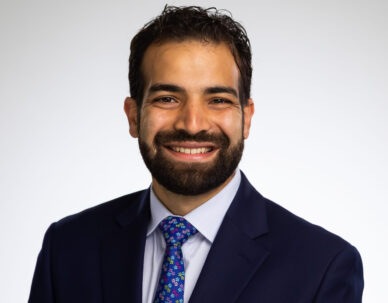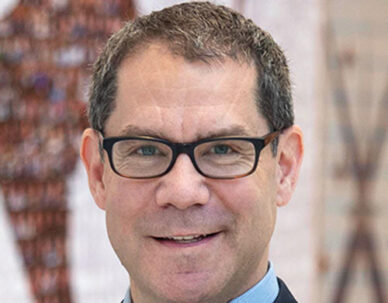iNUDGE Initiative Partners with Loxo@Lilly to Improve Personalized Medicine for People with Lung Cancer
April 28, 2023
A collaboration with Loxo@Lilly will allow physician-researchers at the Penn Center for Cancer Care Innovation (PC3I) at the Abramson Cancer Center to expand testing of a novel strategy to help people with lung cancer receive important genomic testing. Although molecular testing to define personalized treatment for patients is a critical component, it is not always properly ordered or utilized.
The iNUDGE initiative showed early promise in addressing this issue, embedding prompts within electronic health records to increase and optimize molecular testing for people with metastatic non-small-cell lung cancer, the most common form of lung cancer. The initiative is co-led by PC3I Associate Director Charu Aggarwal, MD, MPH, and PC3I affiliate Melina Marmarelis, MD, MSCE.
“The iNUDGE strategy is based on behavioral economics principles and is designed to ensure proper molecular testing is ordered whenever that testing is appropriate,” Aggarwal and Marmarelis wrote. “Our preliminary findings have indicated that these ‘nudges’ can have a positive impact on diagnostic testing rates. Thanks to the support we’ve received from Loxo@Lilly, we will now test iNUDGE at six satellite hospitals.”


